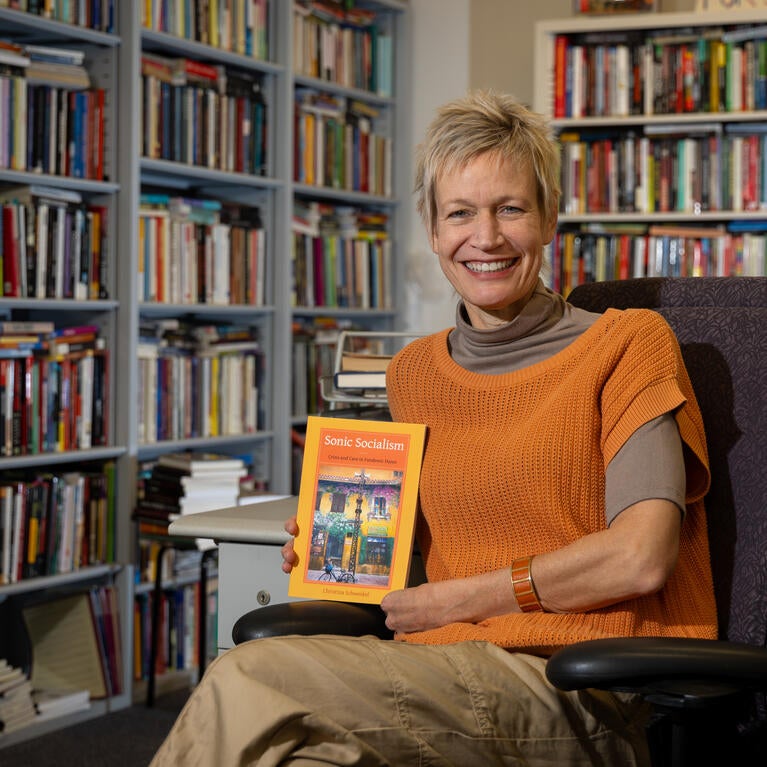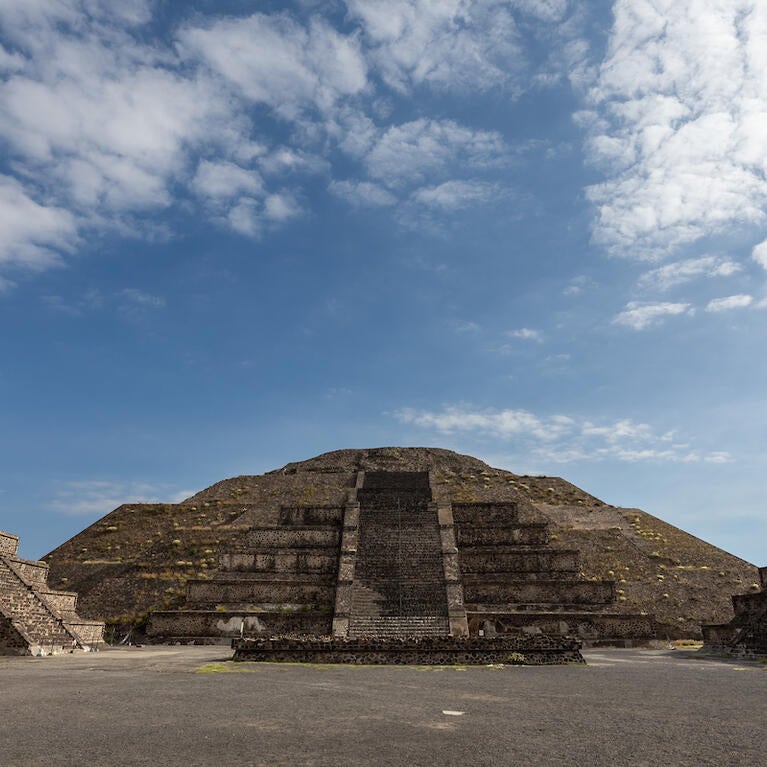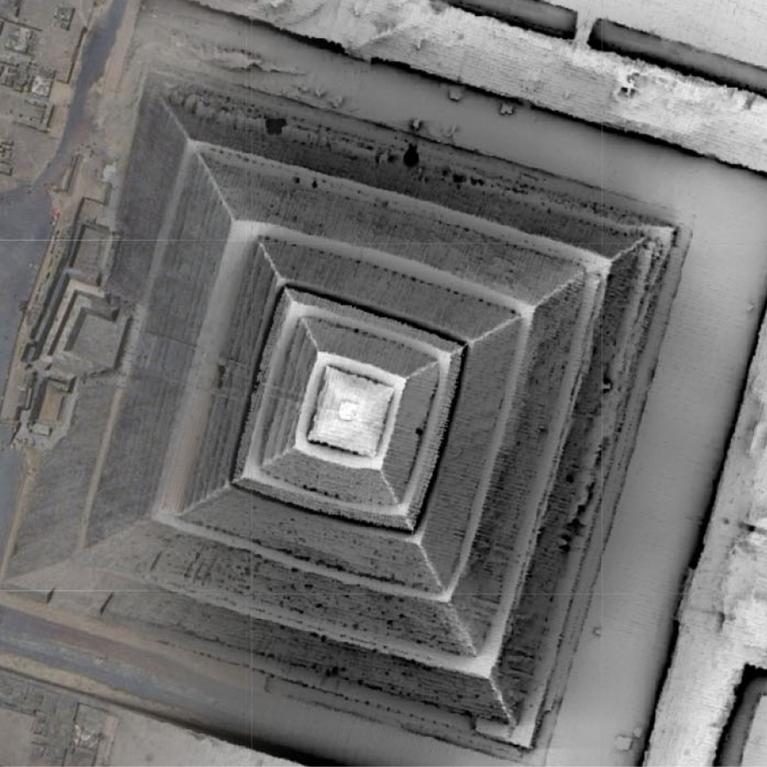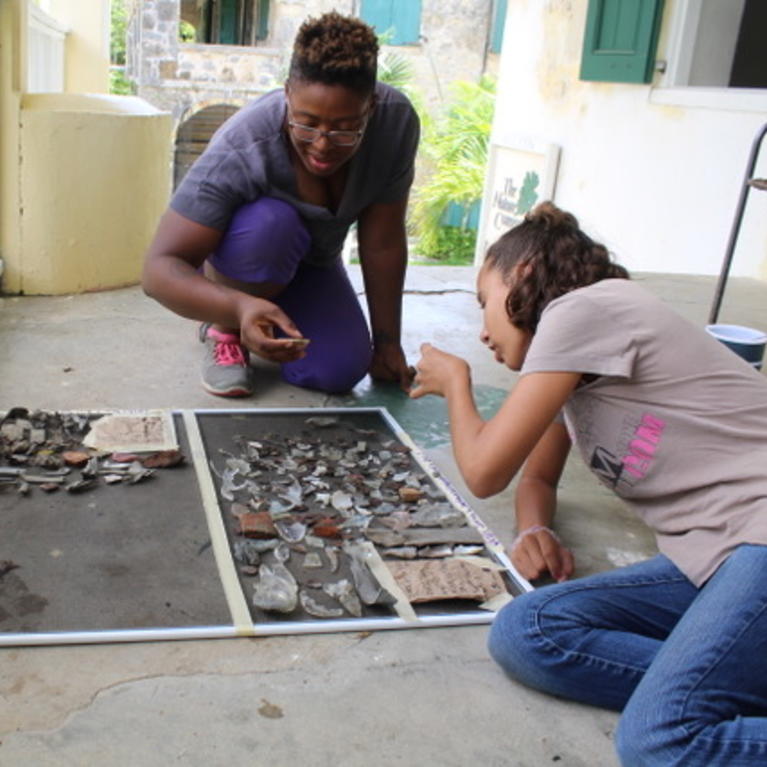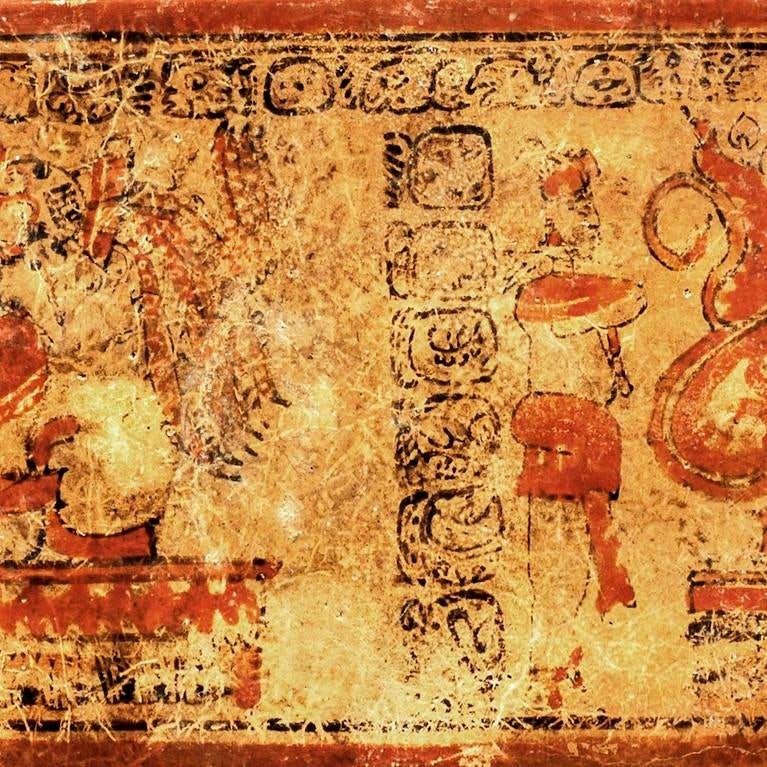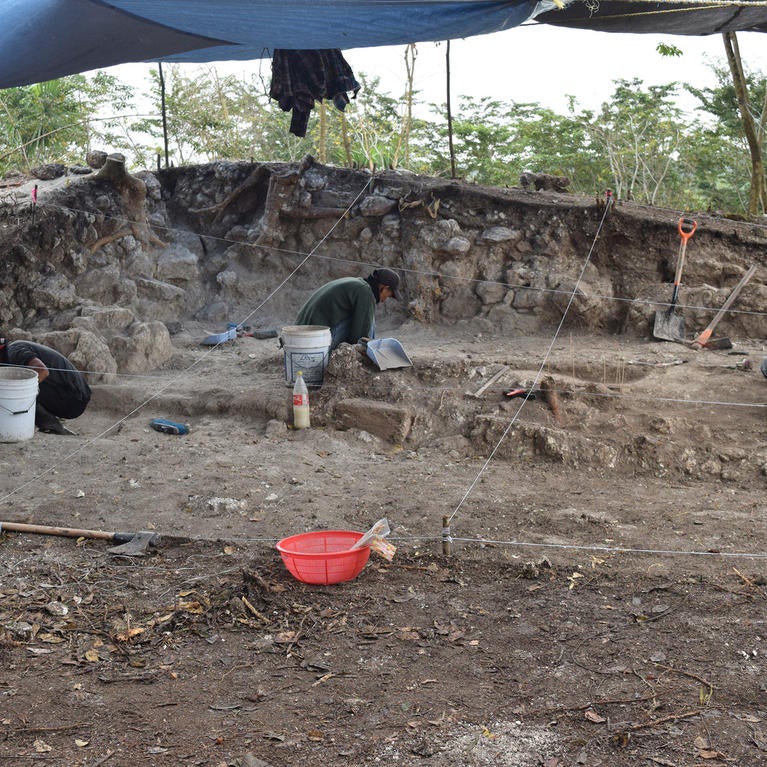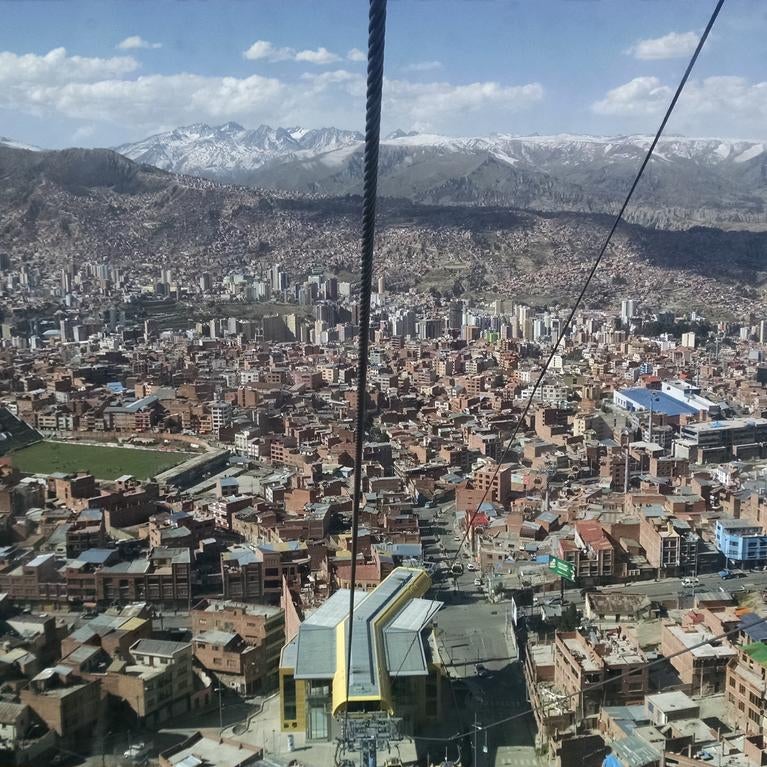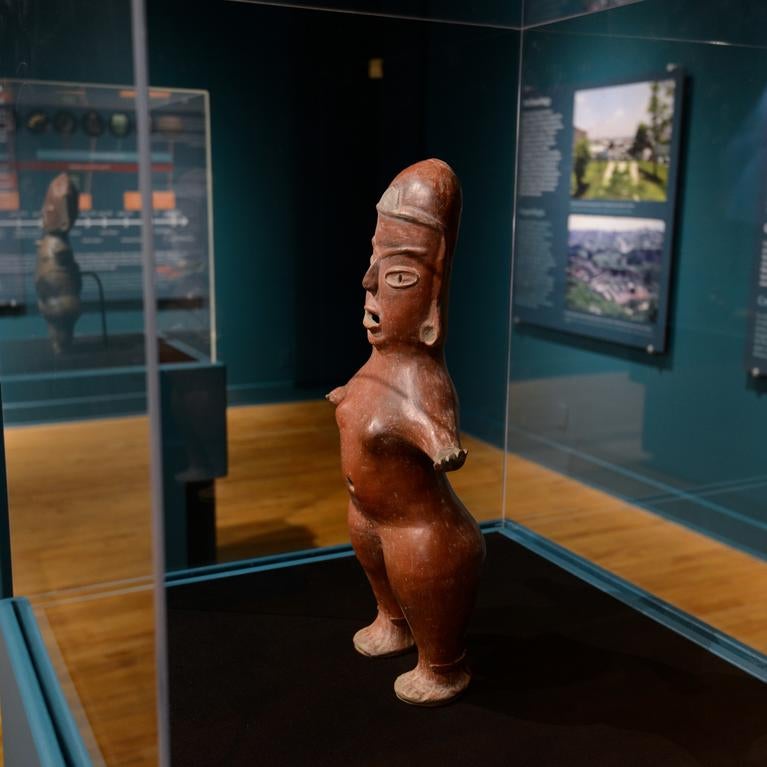
UCR medical school develops new curriculum to address substance use crisis
Nearly 6,000 opioid-related overdose deaths occurred in California in 2021, many due to fentanyl, a synthetic opioid. To address the crisis, a team of researchers in the School of Medicine, or SOM, at the University of California, Riverside, plans to develop and implement a curriculum that offers education on substance...
By Iqbal Pittalwala |
| Health

Why weren’t New World rabbits domesticated?
Archaeologists find the answer in rabbit social behavior
